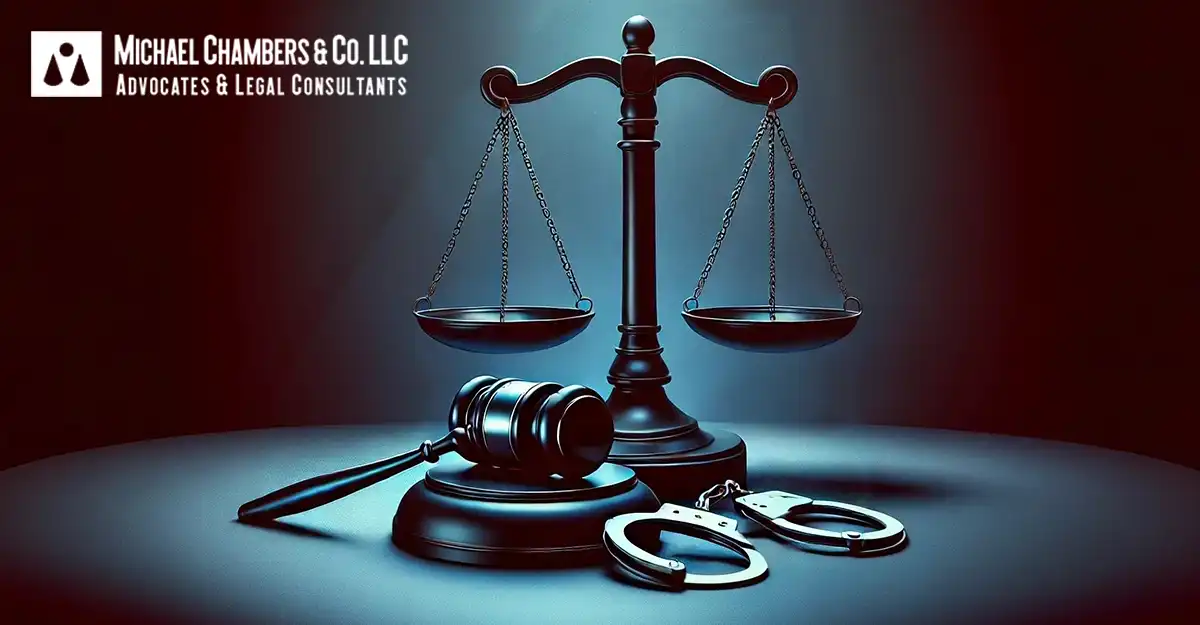The main condition for Cyprus to get the €10 billion loan package, as agreed between the government and the Eurogroup, is the restructuring of the country’s two leading banking institutions, through the resolution of Laiki Bank and the recapitalisation of Bank of Cyprus (BoC). The plan provides for transferring Laiki’s deposits under €100,000, its loans and its €9 billion liabilities from the Emergency Liquidity Assistance to the BoC.
Under this programme, all uninsured deposits above €100,000 in both Laiki and BoC will be frozen and subsequently utilised to resolve Laiki’s debts and to recapitalise BoC. Laiki’s depositors not protected by the €100,000 limit face losing up to 80% of their money, while BoC’s clients in excess of €100.000 can lose up to 60% of their assets. According to Central Bank’s statements, 37.5% of BoC’s uninsured deposits will be changed into shares with voting rights and dividends, and a further 22.5% will be frozen to ensure the bank meets the terms of its recapitalisation.
This led to a growing feeling of unfairness and injustice among depositors, who feel that a person’s savings are no longer private property, but a political tool used by the European government leaders to accomplish their expansionist goals.
Eurogroup’s decision has no legal effect
The Eurogroup’s decision is perceived as having been enforced on the Cypriot government. However, this decision enjoys no legal status, as the Eurogroup does not have any authority to issue legally-binding verdicts. The tax on deposits would have been binding, only if it was determined by the ECOFIN council. Should there have been an ECOFIN decision been taken with regard to the Cyprus bail-in, the Cypriot Parliament would be forced to implement the EU legislation when voting in favour of the levy on deposits.
What actually happened is that the Eurogroup deftly passed over to Cyprus the responsibility of enacting the law with regard to the tax on deposits. Therefore, Cyprus shouldered the load of legislating a decision contrary to one of the most inviolable rights protected under its own and European Union’s constitution; the right to property.
Violating the right to property
The fundamental right to property should have been protected, as “every natural or legal person is entitled to the peaceful enjoyment of his possessions”, under Article 1 of Protocol I of the European Convention of Human Rights, and under the Constitution of the Republic of Cyprus (Article 23).
Interestingly, in February 2013 the Central Bank reassured Laiki in response to a potential haircut, that “any action aimed at reducing, depriving or restricting the property rights of depositors, contradicts the provisions of the Constitution of the Republic of Cyprus and of Article 1 of the First Protocol of the European Convention of Human Rights, provisions which protect the right to own property and which are crucial to the functioning of a free market economy. Hence, any suggestion to the contrary is not only legally unfounded but it cannot merit serious consideration.” (Retrieved from http://www.sigmalive.com/files/download/1595 )
Since the Eurogroup’s decision has no legal effect, Cyprus ends up taking all liability for any contravention of the right to property under its own constitution. Therefore, a judicial battle with regard to whether the levy contravenes the right to property or not, would be restrained to Cyprus legislation and the only recourse could take place before Cyprus courts.
Legal action against banks
Depositors that risk losing assets from Eurogroup’s bail-in plan for Cyprus may consider taking legal action. There could be grounds to sue for redress against the Central Bank of Cyprus or Laiki and BoC. Due to this new banking status, the individuals that have been rendered unable to protect their own assets have shown a great interest in filing lawsuits against Cyprus’ banks in order to recover their losses and claim compensation.
Any depositor who wishes to join a class action to recover funds expropriated via the illegal and fraudulent levy which breaches the human rights convention, may contact Michael Chambers & Co. A class action is a type of lawsuit under which a group of individuals who are claiming similar damages from the same organisation can jointly take legal action and sue over the same legal grounds. Please contact our litigation team to join a class action against the Central Bank, Laiki or BoC to claim the issuance of an interim order with which your bank account will be frozen, until the decree for recovery of damages and compensation of your loss is decided.



